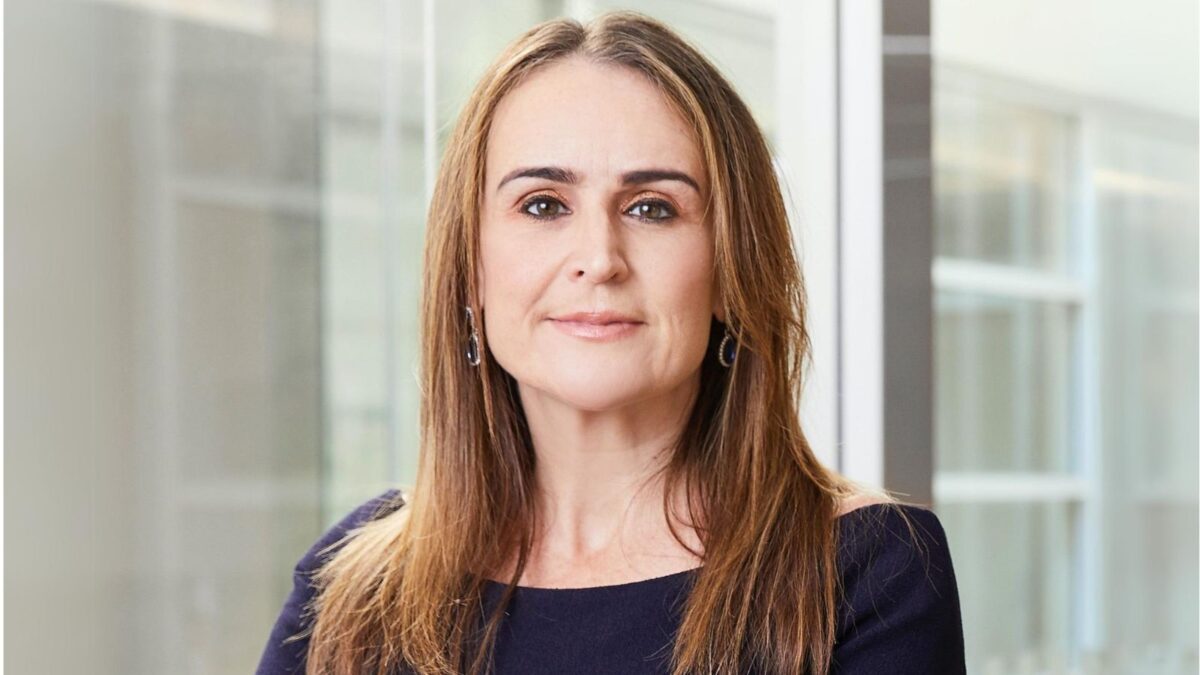NZ Super drops Ramius for US$215m Neuberger mandate
by David Chaplin
The NZ Superannuation Fund (NZS) has swapped out one risk-arbitrage manager for another following the appointment of US-headquartered Neuberger Berman to a NZ$315 million (US$215 million) mandate.
Neuberger fills the spot previously occupied by Ramius Advisors, which was recently sacked from its $315 million NZS merger arbitrage gig just two years after appointment.
NZS declined to comment on why Ramius was removed. In 2017 Ramius was rebranded as Cowen Investment Management by its Nasdaq-listed owner, Cowen. Until 2016, Ramius also managed money on behalf of Westpac via the bank’s investment subsidiary, Advance.
In a statement, Neuberger Berman, which maintains a Melbourne office, said the NZS mandate would follow a customised “risk-arbitrage strategy, overseen by Neuberger Berman’s ‘Principal Strategies Group’,” which runs more than US$800 million globally.
Paul O’Halloran, Neuberger Berman Australia managing director, said: “We believe the risk-focused approach undertaken by our Investment Team is key in driving returns that are generally uncorrelated to broad equity markets and other traditional asset classes.”
NZS also has a NZ$527 million merger-arbitrage mandate managed by BlackRock, according to the fund’s 2018 annual report.
The number of external managers has dropped in recent years from a peak of 44 to about 30 now as the NZS adopted “a commitment to fewer, deeper relationships, with a goal to focus our efforts on managers with the greatest knowledge-sharing potential”, the annual report says.
Last week the NZS also filled one of its top-level vacancies after naming former chief investment strategist of the Australian Future Fund, Stephen Gilmore, as chief investment officer. Gilmore steps into the role previously occupied by NZS chief, Matt Whineray.
NZS head of portfolio completion, Mark Fennell, has been acting CIO since Whineray ascended to the top job in February (in an acting capacity until his formal appointment this June).
Gilmore officially joins NZS late in February next year. The fund, which has slipped under NZ$40 billion following the recent bout of market volatility, is also recruiting for a head of NZ equities to replace incumbent, Brian Bourdôt.
Bourdôt, who resigned in October to pursue a commercial aviation career, managed the roughly NZ$800 million NZ in-house active local equities portfolio.
After a stellar first three quarters, the NZS, which allocates about 65 per cent to global equities mostly via passive exposures, was down almost 5 per cent in October following the late bout of market volatility. Since inception the fund has returned just over 10 per cent compared to about 8.5 per cent for its benchmark reference portfolio.
The latest NZS statement of performance expectations, released last week, puts the estimated long-term returns for the fund at 8.7 per cent.
According the NZS statement, the fund is also factoring in an extra NZ$7.7 billion capital injection by 2022 following the resumption of government contributions in 2017. The extra capital plus expected returns “has implications for our operating model, including investment management, technology and systems”, the NZS statement says.
“We will initiate a set of work streams designed to update and provide a more detailed view of investment activity and longer-term state…”
NZS has forecast operating costs over the 2018/19 year of $129.4 million (excluding performance fees), equating to 0.32 per cent of funds under management. With performance fees NZS was likely to rack up total expenses of $154.7 million or 0.38 per cent.
Last year NZS clocked up about NZ$106 million in total costs against a forecast $137.6 million. NZS went under budget last year partly due to staffing levels of 128.8 falling below the target of 148.8. The fund has budgeted for a full-time equivalent employee headcount of 157.8 in the current financial year.
– Investment News NZ









